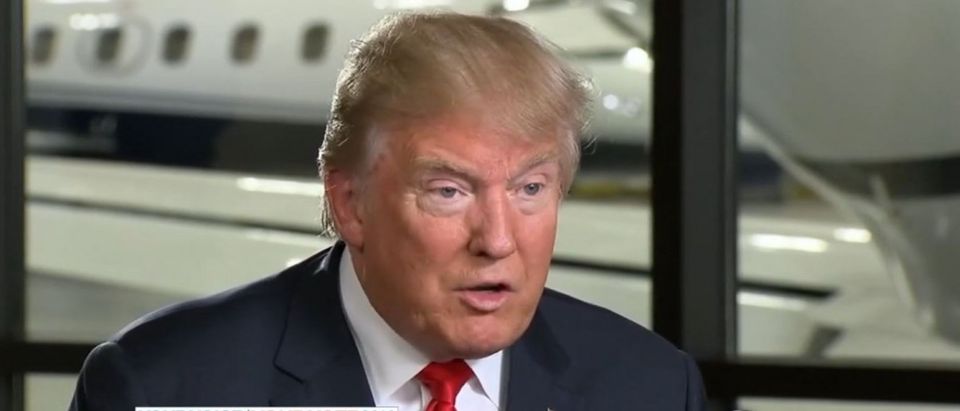Donald Trump’s pledge to build a wall on our southern border and “make Mexico pay” for it has come to symbolize his campaign. It’s bold, politically incorrect and, as his campaign’s recent memo on paying for the wall helps illustrate, kind of a dumb idea.
The wall and how to force Mexico to pay for it illustrates the problem with many Trump proposals: It is counterproductive, turns an ally into an enemy and, if ever implemented, would result in unintended consequences.
A March 31, 2016 Trump campaign memo threatened that unless Mexico paid America “$5 to $10 billion” to build the wall, the U.S. government would impose a “requirement that no alien may wire money outside of the United States unless the alien first provides a document establishing his lawful presence in the United States.” The Trump campaign might want to review this proposal.
As Ian M. Comisky, a former assistant U.S. attorney and now a partner at Blank Rome LLP in Philadelphia, points out, contrary to the memo’s assertion, wire transfer companies like Western Union already must adhere to the Patriot Act. Moreover, the memo cites not only the wrong number of the Patriot Act’s regulation but a part revised more than 5 years ago. In addition, the Trump memo argues for expanding the Patriot Act by executive branch rule in a manner that would actually require Congress to change the law. The memo argues that the part of the law that merely requires financial institutions to know the identity of their customers could be expanded to require clerks in money transfer establishments to demand proof of legal immigration status. Such a reading of the law is not supported by the text and is sure to be litigated.
If Donald Trump changed wire transfer rules as his campaign memo intends, then one of two things would happen. As Mary O’Grady has pointed out in the Wall Street Journal, a likely consequence is people would avoid the rules through a variety of means, such as using smugglers to transport money or employing straw senders, such as relatives or friends here lawfully. The other possible outcome is that if Mexican workers in the United States could not send money to their families in Mexico, then they would bring those families to America, thereby encouraging more illegal immigration.
No one who follows Mexican politics thinks any Mexican politician who wishes to remain in office would succumb to Trump’s threats and send the U.S. Treasury a check to build a wall. Rather than making Mexico our enemy, the United States should seek greater cooperation, which would be impossible under the Trump plan. Mostly unnoticed is how at U.S. request, as even noted in State Department Senate testimony, the Mexican government has worked to make it more difficult for Central Americans to make it through Mexico and into the United States. “The Mexican crackdown has clearly been devised in tandem with the U.S. government,” reported The Guardian.
Even if a wall were built, it would likely have the opposite of its intended effect. Rather than keeping people out, it would encourage anyone who makes it across to stay. That has been the experience in the past. When the United States vastly increased the number of Border Patrol Agents – but did not create any additional legal ways for people to work in the United States – the unauthorized immigrant population rose from 3.5 million to 11.8 million between 1990 and 2007. In contrast, during a period of increased availability of legal ways to work in the 1950s under the Bracero program, although not a perfect program, the United States saw large decreases in illegal entry from Mexico.
This may not be the last attempt by a U.S. entity to use wire transfer rules to achieve other ends. Oklahoma now taxes certain remittances and Sen. David Vitter (R-LA) has introduced a bill to require proof of lawful immigration status before sending a wire transfer abroad. Donald Trump’s plan to use the threat of a remittance cutoff to compel Mexico to pay for a wall is an example of rhetoric over reality, and it is unlikely to ever become a reality.
Stuart Anderson served as executive associate commissioner for policy and counselor to the Commissioner of the Immigration and Naturalization Service from August 2001 to January 2003 and is executive director of the National Foundation for American Policy, a nonpartisan research group based in Arlington, Va.












